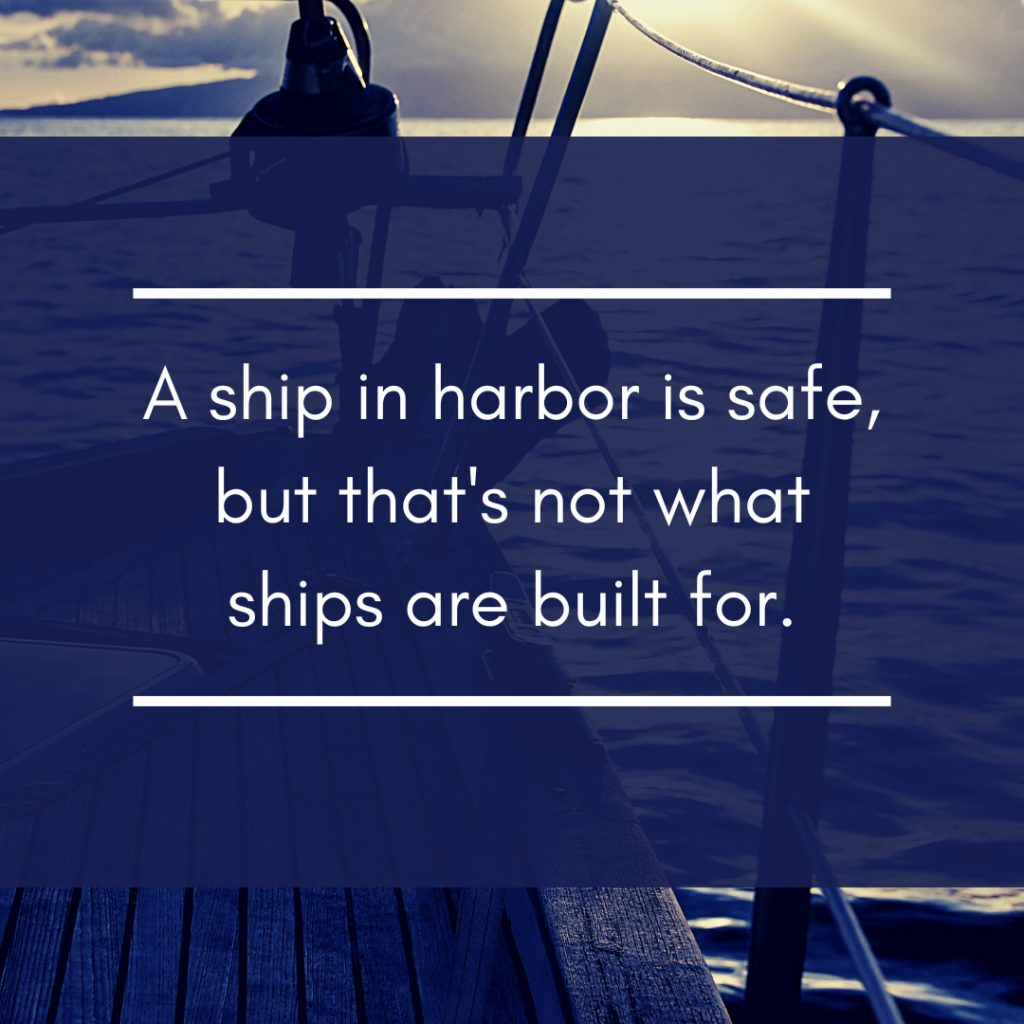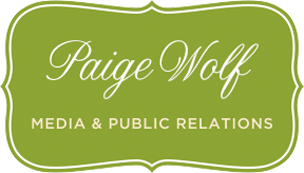I’ve spent most of the past 10 years living with Myalgic Encephalomyelitis/Chronic Fatigue Syndrome (ME/CFS). And 99% of the time, I’m not being honest about it. And I think that needs to change.
While I have always been honest about my struggles with various issues, I’m also very good at masking. I mask the fact that I am neurodivergent (crippling anxiety/OCD/sensory issues). And I mask the fact that I am tired. Very tired.
I push too hard. My body knows this. My brain knows this. But I’m desperately struggling to accept the things I can not change. And what I can not change is that I can not be the person I used to be. Every year I get sicker – not better. Every year I give up a little bit more of who I was, and I give up more hours in the day, more days of the week. And, living through a mass disabling pandemic (with bizarre threats of new viruses every day), I live in constant fear of contracting a virus that will make me that much sicker.
Even after I almost died from Sepsis, I thought I had made a remarkable recovery. And I did, for a while, I was still doing competitive CrossFit and waking up early enough to get my kids to school and living a full life – apart from the occasional crippling fatigue flares that happened roughly every six weeks.
I still get the crippling fatigue flares about once every six weeks. They last 2-3 days and they are hard to describe. I sleep for the better part of 48 hours and I can’t open my eyes or move. I don’t eat and I can barely get to the bathroom. Every time it happens I am sure that this is it and I will be paralyzed forever. But everytime I recover – sort of.
When I start to feel better, I get back to “normal.” But as time goes by, I can see that my normal has gradually dwindled to something I barely realized was changing. I was like a frog slowly boiling in a pot. Around three years ago, when I realized I needed significantly more sleep than the average person, I entirely stopped waking up to get the kids to school, leaving it to my husband. Now I have to set an alarm for 9 a.m. and waking up is an actual struggle. I also have to be in bed by 9 p.m., though most nights I am in bed by 6 p.m. at which point I can no longer go downstairs to get water so I have to keep a pitcher by my bed.
Most days I work out. I can’t do CrossFit anymore but I can run (slowly) and use the Peloton. It’s probably a bad idea but it gives me a temporary burst of energy. It’s also critical for both my mental health and combatting my internalized fatphobia and fear of weight gain making me more disabled.
Every time I get to work out I feel deeply grateful and say a little prayer. I always feel like it could be the last time. Afterward, I might feel OK for a while. Most days between the massive amount of coffee and drive to live a normal life, I function between 9:30 a.m.-3 p.m. Then I need to lay down and rest. Some days I get up again to make dinner and then go back to bed. Some days I don’t get up again at all. This is my new normal.
But you didn’t know that. You didn’t know that because I can usually push myself to go out to a work or social event through a combination of energy drinks, willpower, and luck. I do this because I WANT TO BE THERE, but I also know my limitations and listen to my body when it is time to go home – which can come on really fast.
But the thing is, I don’t know how much longer I will be able to do these things. ME/CFS doesn’t just dissapear. Doctors don’t know if it’s tied to my immunodeficiency or weird autoimmune issues or what. So much isn’t understood, and there is no treatment or cure. Believe me, I’ve tried it. Every day I take a zillion supplements and take a freezing shower and meditate and stretch and exercise and eat well. It doesn’t matter.
It’s also difficult for me to admit this because I want to work. And I know that despite my disability, I am absolutely fantastic at my job. Fortunately, modern technology allows me to run communications campaigns from my bed with ease. I have never missed a deadline – and people who work with me know that I get things done well before they need to be out of fear that when the deadline looms I will be out of commission.
I could not work a traditional full-time job. And it would probably be very difficult for me to qualify for disability within the American healthcare system. I am incredibly fortunate that I can do what I do from home and work the hours that suit me. And I am grateful to my clients who trust me and know that my disability does not diminish my worth.
But I need to start being more honest about how I feel. I need to stop feeling guilty about taking care of myself. I hate that I have these limitations and I hate the fear that it will get worse. I hate that I am so reliant on my husband to be the caretaker for me and my children. I hate that I can’t promise to keep plans or make dinner or be in a good mood. I hate that I don’t recognize myself sometimes. I feel like a burden and a bitch.
I am proud of everything I have accomplished over the past 43 years. I have had so many different incarnations of an exciting career, two amazing kids, two amazing partners, and an incredible network of support. I want to live everyday and “climb every mountain” but I’m afraid.
I recently took my first real trip in three years, a flight with my husband to Austin. Leading up the trip I had crippling anxiety about getting COVID and being trapped in Texas, about how the heat would affect my CFS, about not being able to do things. But I kept remembering this saying “A ship in harbor is safe, but that’s not what ships are built for.” I managed to run, to paddle board, to walk, to sightsee. I had to take long rest breaks in the room and I missed couple things I wanted to do. But I did it. I survived it. I had to at least try. Because I don’t know what tomorrow will bring.













